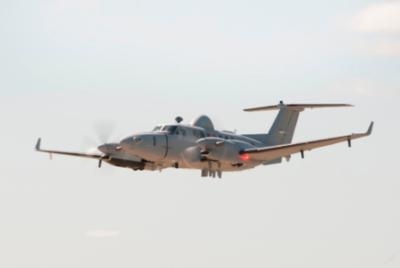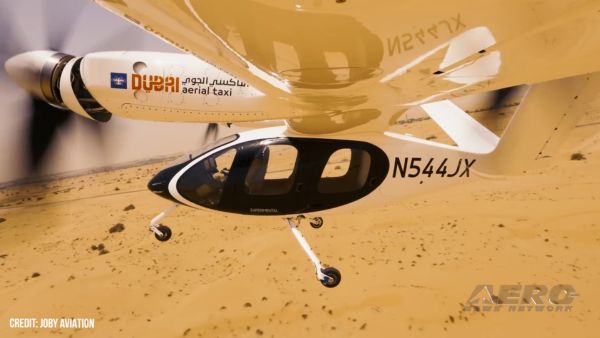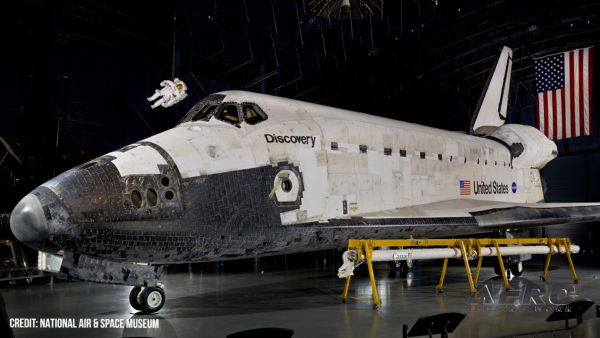Fri, Jun 07, 2013
Analyst Frost & Sullivan Forecasts That Fixed-Wing And Rotary Wing 'Off-The-Shelf' Aircraft Will Be Favored Over New Designs
As Department of Defense (DoD) spending decreases, commercial off-the-shelf (COTS) aircraft will become more important to future programs. While growth in the market will be limited, use of COTS aircraft will allow for significant savings in the area of research and development (R&D) since they do not require the development costs that would be required for completely new aircraft designs.

Frost & Sullivan's Aerospace and Defense practice finds that U.S. DoD spending for COTS aircraft totaled $4.71 billion in 2012. COTS aircraft spending is forecast to spike as the P-8 Poseidon and Boeing KC-46 reach full production between 2013 and 2016 and then decrease to $4.76 billion in 2017.
According to the report, since new or improved capabilities are often required to react rapidly in dynamic war zone conditions, commanders are increasingly relying on the quick reaction capability (QRC) to develop new weapons systems. This allows for delivery of requested capabilities without going through the slow and long DoD program of record (POR) procurement process. COTS aircraft are widely counted on to conduct many specialized activities within intelligence, surveillance, and reconnaissance (ISR) missions to meet combatant commander requirements.
"Due to the quickly changing need of commanders in different theaters of operation, COTS aircraft allow a faster delivery time since they only need to be altered for missions, rather than built from the ground up," said Frost & Sullivan Senior Industry Analyst Michael Blades. "Planned budget cuts will continue to force military service leaders to consider COTS aircraft before committing to significantly higher costs of new aircraft design and development."
Currently, a significant factor restraining the COTS market is the fact that the DoD often does not have a set of rules for defining requirements for new aircraft systems. "There is some frustration among prime contractors and systems integrators that the DoD often does not adequately spell out system requirements, which causes confusion and cost increases," observed Blades.
As such, there could be even more value in utilizing COTS aircraft if the industry and the government could collaborate to find a common method for more precisely defining and explaining program requirements.
(Boeing EMARSS based on Beechcraft's King Air 350)
More News
Also: Outlaw Prop 4 Mooney, Ready 4 Duty, Ukrainian F-16 Pilot Lost, Blue Origin Flt On his journey to become the first pilot to land solo on all seven continents, 19-year-old Etha>[...]
Also: DarkAero Update, Electric Aircraft Symposium, Updated Instructor Guide, OSH Homebuilts Celebrate The long-awaited Sonex High Wing prototype has flown... the Sonex gang tells >[...]
Discrete Code As used in the Air Traffic Control Radar Beacon System (ATCRBS), any one of the 4096 selectable Mode 3/A aircraft transponder codes except those ending in zero zero; >[...]
From 2023 (YouTube Edition): Deviation from the Historical Mean Racine, Wisconsin-based DeltaHawk is a privately-held manufacturer of reciprocating engines for aircraft and hybrid >[...]
Aero Linx: Formation and Safety Team (F.A.S.T.), USA The Formation and Safety Team (FAST) is a worldwide, educational organization dedicated to teaching safe formation flying in Wa>[...]
 Airborne 07.02.25: TikToker Arrested, Vietnam A/L Ground Hit, ATC Modernization
Airborne 07.02.25: TikToker Arrested, Vietnam A/L Ground Hit, ATC Modernization Airborne Affordable Flyers 07.03.25: Sonex HW, BlackShape Gabriel, PRA Fly-In 25
Airborne Affordable Flyers 07.03.25: Sonex HW, BlackShape Gabriel, PRA Fly-In 25 ANN's Daily Aero-Term (07.07.25): Discrete Code
ANN's Daily Aero-Term (07.07.25): Discrete Code Classic Aero-TV: DeltaHawk Aero Engine Defies Convention
Classic Aero-TV: DeltaHawk Aero Engine Defies Convention ANN's Daily Aero-Linx (07.07.25)
ANN's Daily Aero-Linx (07.07.25)



